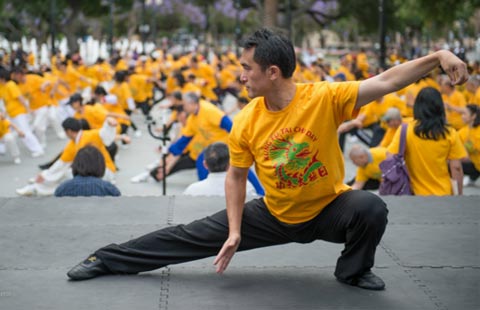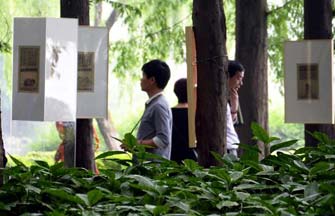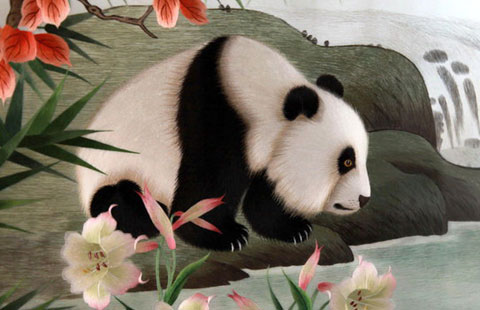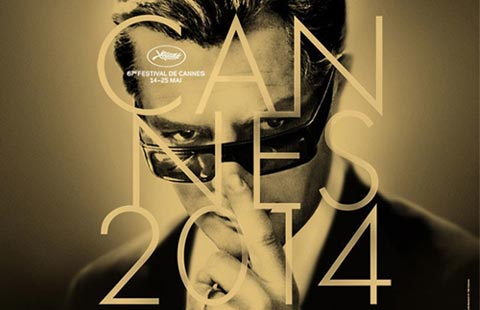US orchestra returns for China tour
By Chen Jie ( China Daily ) Updated: 2014-05-21 06:47:49
|
Musicians of the orchestra perform for visitors at the Temple of Heaven in Beijing in 2012. |
 |
| Chinese saxophonist and US jazz maestro tour China |
 |
| A night at the Sydney Opera |
This year, the Philadelphia Orchestra became the first US orchestra to tour China for three years running. And they will expand their cultural and educational program into second- and third-tier cities, including Shen-zhen, Guangdong province, and Changsha, Hunan province.
"Our musicians call the NCPA our second home and we have invited its orchestra to play at our hall in autumn," says Craig Hamilton, the orchestra's vice-president.
"But we want to not only maintain the relationship with big cities like Beijing and Shanghai, and we want to go further. In 1973, we brought Western culture to China not only on the institutional level but on a personal level. Many musicians developed personal friendships with their Chinese counterparts," he says.
The orchestra will become the first US orchestra to play in Changsha. "It's a great opportunity for any music institution in second- or third-tier cities to work with the Philadelphia Orchestra," says Ren Xiaolong, deputy director of the NCPA's Programming Department and manager of NCPA Orchestra. "They can help the local organization to improve management and broaden their vision.
"A brand-new hall does not mean you have culture. An empty hall needs a prestigious orchestra to give it life."
Tan Dun, the Changsha-born composer, is serving as an artistic advisor to the orchestra on the tour.
The orchestra will perform Tan's Nu Shu: The Secret Songs of Women. It's a multimedia work based on a disappearing language which was created in Hunan in the 13th century and was passed on from mother to daughter by singing while they worked.
"China is now promoting its culture to the world. This does not only mean we showcase our arts outside China. A leading Western orchestra that commissions a Chinese composer and plays his work, telling Chinese stories, is also a way to promote our culture," Tan says. "That touches the soul of China."
In 1973, the 16-year-old Tan heard the broadcast of the Philadelphia Orchestra's concert while he was working in the fields in Changsha.
It completely changed his mind about Western music and ever since he has been determined to bridge the gap between Chinese and Western music.
|
|
|
|
|
|
|
|

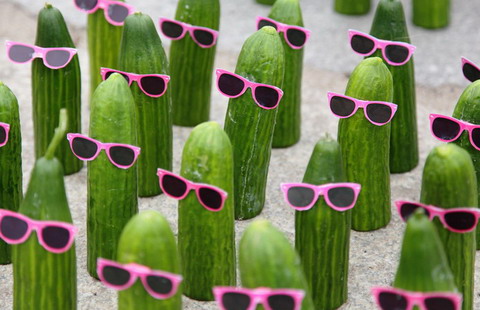


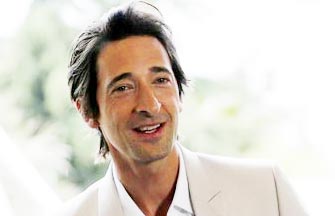
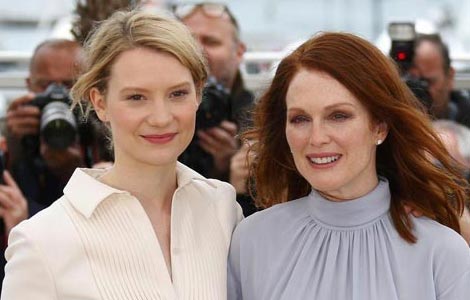



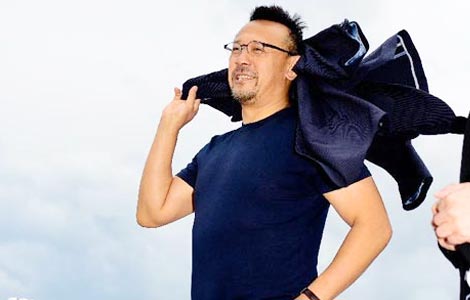

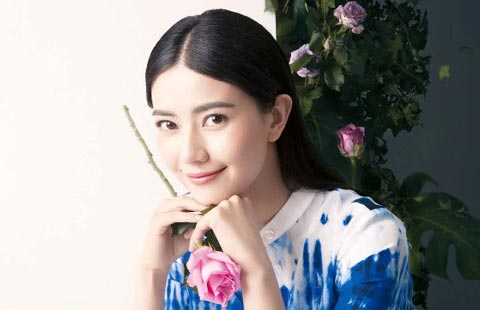










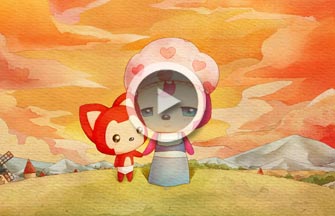
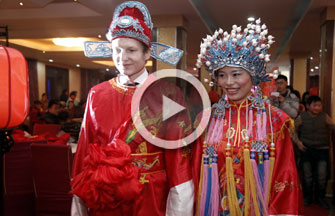
 Raymond Zhou:
Raymond Zhou: Pauline D Loh:
Pauline D Loh: Hot Pot
Hot Pot Eco China
Eco China China Dream
China Dream China Face
China Face
